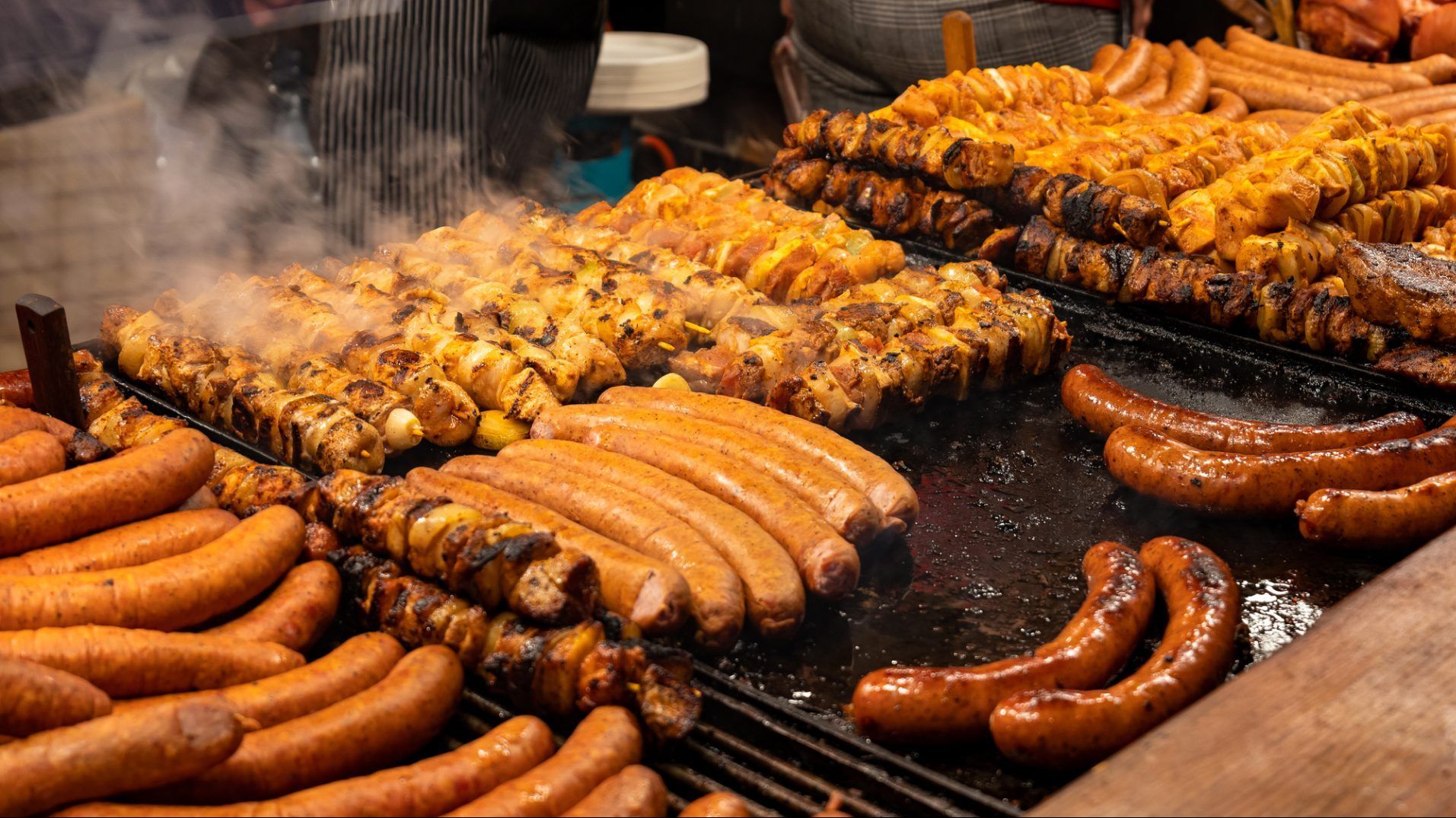does what you eat affect how you sleep, or how you sleep affect what you eat?
researchers aren't quite sure how exactly sleep is connected to diet, but one thing we know for sure is that the two are deeply connected.
healthy eating: should i be drinking cow's milk?
do you ever wonder who was the first person to drink the stuff?
are 'meat sweats' a thing?
digestion increases the amount of heat your body produces which theoretically could raise your body temperature and cause you to perspire.
 2 minute read
2 minute read




















